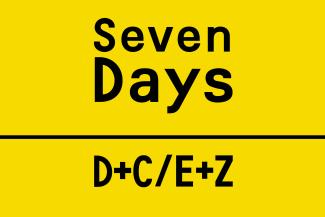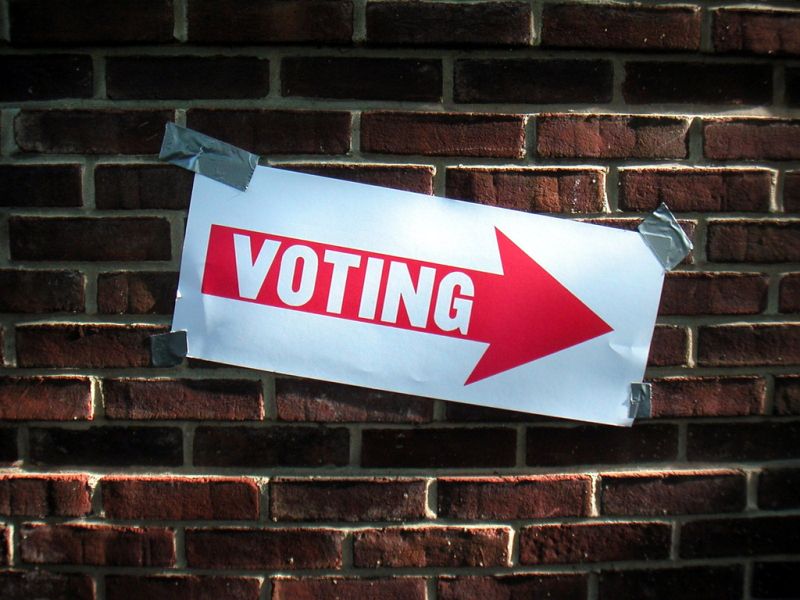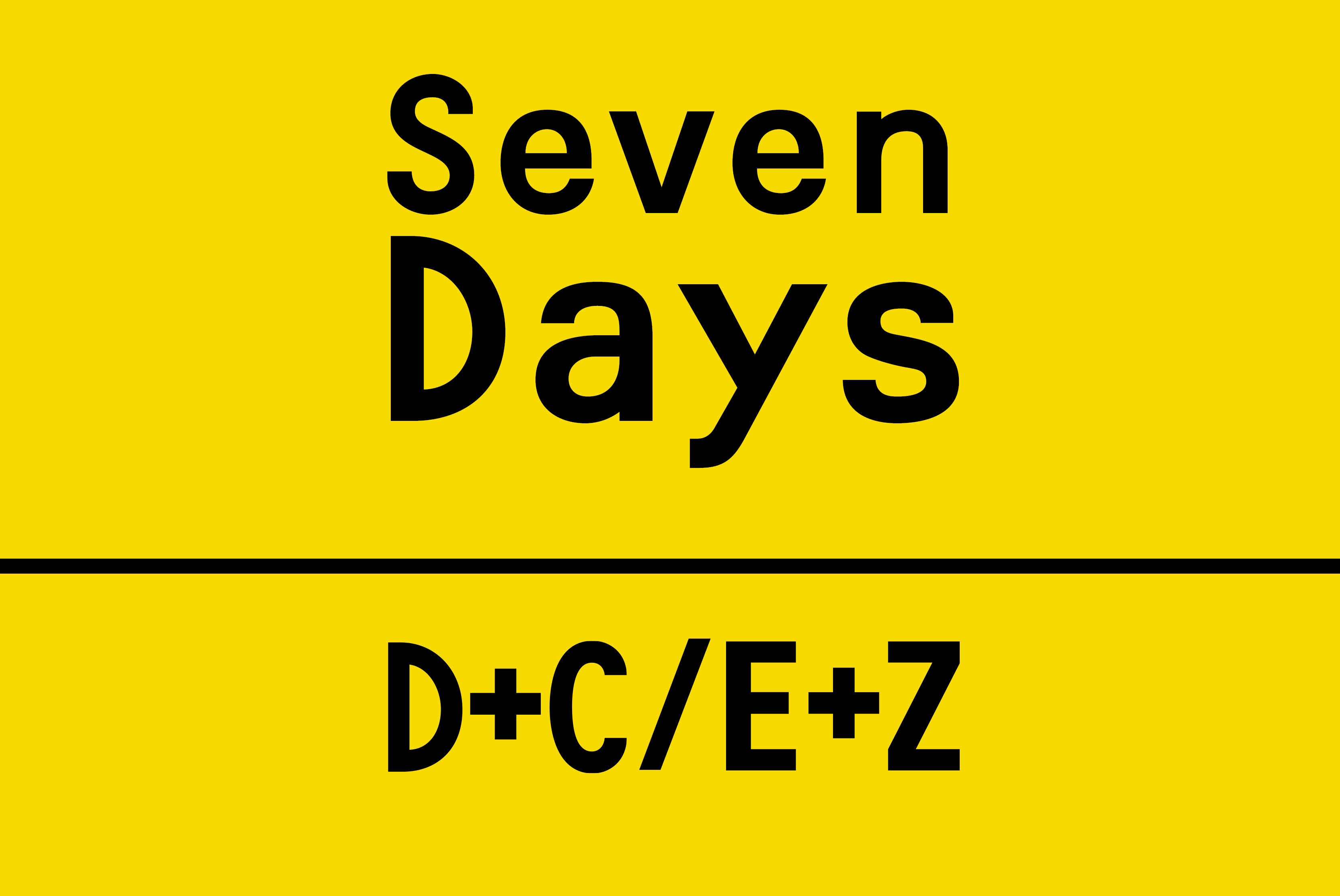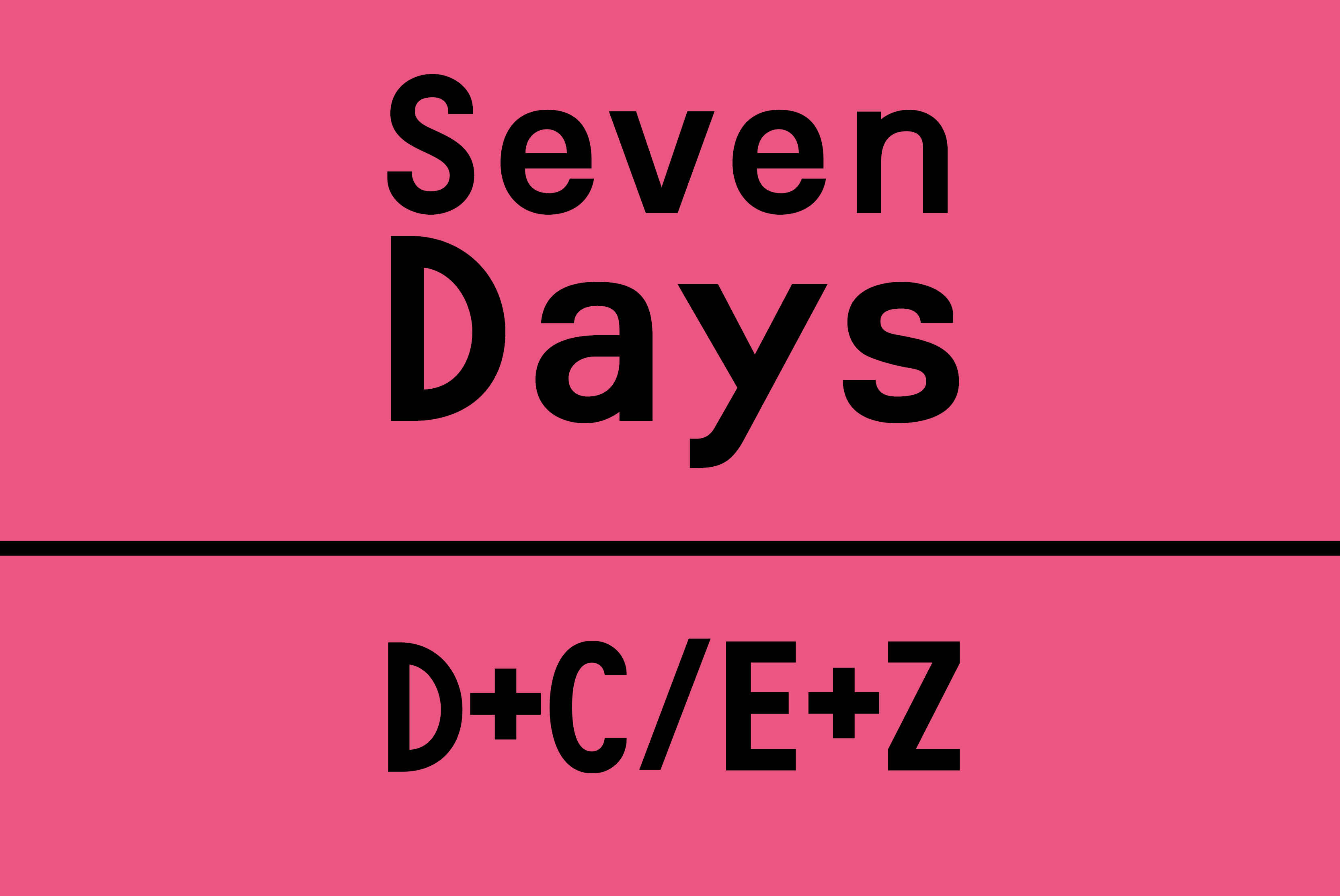In brief
News of the week

Agreement with Iran on limiting nuclear arms
Iran has reached an agreement that restricts its use of nuclear technology to peaceful purposes with the USA, Russia, China, Britain, France and Germany. The final talks were concluded in Vienna on Monday. According to the deal, Iran will not be able to build nuclear arms for at least the next 10 years, and international inspectors will monitor compliance. In return, economic sanctions will be lifted.
In the USA, Republican politicians have pledged to thwart the deal. However, President Barack Obama can veto any legislation that would do so, and the majorities the Republicans have in Congress would not suffice to override his veto unless they had support from Democratic legislators.
According to some observers in the USA, however, the Republican party is not really interested in blocking the deal. Kevin Drum, a liberal blogger, points out, for instance, that there is no returning to the old sanctions regime. The reason is that it needs the backing of the UN Security Council. All permanent members, however, have signed the deal. Should the US now decide to oppose it, the others would be unlikely to follow suit.
http://www.motherjones.com/kevin-drum/2015/07/do-repubicans-really-want-scuttle-iran-deal
Action Agenda concerning development finance
The UN Conference on Finance for Development in Addis Ababa has resulted in an Action Agenda. Core elements include a social compact in which countries commit to minimum levels of spending on social-protection systems, the recommitment of rich nations to invest 0.7 % of their gross national income in official development assistance (ODA) and pledges to generate more taxes and stem illicit financial flows.
EU Commissioner Neven Mimica hailed the result as “an agreement for our world, our dignity, our future”. Gerd Müller, Germany’s federal minister for economic cooperation and development, said that increasing ODA was important, but developing countries had to do more to generate domestic revenues. Germany supports the Addis Tax Initiative which is designed to boost public-finance management in partner countries.
Civil-society leaders, however, declared they were not satisfied with the results. Bernd Bornhorst, the head of VENRO, the German association of developmentally active non-government organisations, said the conference result was “plainly insufficient”. There is no time-line for fulfilling the ODA pledges, for example, and developing countries’ demands to establish a UN tax organisation were not accepted. Bornhorst’s prediction is that illicit financial flows will continue. In his eyes, the Addis Ababa Action Agenda is not a solid basis for achieving the Sustainable Development Goals the UN is set to adopt at a summit in New York in September.
Sources: The Guardian, BMZ, VENRO
Libyan framework for peace signed
According to the UN, Libya has come closer to a peace agreement. After UN-brokered talks in Morocco, most of the warring factions have signed a framework agreement. It foresees a transitional period of one year to establish a democratic state. Controversial issues such as the control of the country’s oil wells, disarmament and a new constitution remain to be settled.
The internationally backed, lawfully elected government based in Tobruk has agreed to this framework. The General National Congress (GNC), which functions as a rival government in Tripoli took part in the talks, but has not signed the paper. The same is true of its ally, the powerful Libya Dawn militia. Nonetheless, the framework agreement is considered promising, not least because it goes along with local peace deals and ceasefires that have been agreed by elders of various tribes.
Sources: Al-Jazeera, The Libya Herald
UN experts demand that UN Security Council intervene in Burundi
Seven human-rights investigators who work for the UN Human Rights Council wave warned that Burundi is heading for mass atrocities that may spark a wider regional conflict. They want the UN Security Council to intervene in the country’s ongoing crisis.
Burundi’s President Pierre Nkurunziza hopes to be elected to a third term in office next week. The election has been postponed several times in view of mass protests. The country’s constitution only foresees two terms for a head of state. Parliamentary elections late last month were marred in violence and boycotted by the opposition. The government claims to have won 77 of 100 seats. However, it is clear that the election was neither fair nor free.
International organisations and donor governments have appealed to Nkurunziza to stand down. Civil-society organisations in the country state that free and fair elections are currently impossible. A former Burundian general, who was involved in a failed coup in May, has said that violence has become the opposition’s only option because all appeals to the president have failed.
Sources: Reuters, FR
Cambodia tightens grip on NGOs
Cambodia’s parliament has passed a controversial NGO law that forces all non-governmental organisations to register with the state and gives state officials the power to shut down organisations on vague grounds. NGOs must also file annual reports on their activities and finances to the government. The law applies to local as well as international organisations. The opposition called it unconstitutional and boycotted the voting. There were street protests too.
According to the new law, NGOs can be disbanded if their activities “jeopardise peace, stability and public order or harm the national security, national unity, culture and traditions of Cambodian society”. The opposition Cambodia National Rescue Party expects the law to be used to “pressure and restrict” individuals and organisations and narrow down the democratic space in the country. The USA, the UN, the EU and various rights groups have also voiced concern. Cambodia has a large number of NGOs.
Sources: Cambodia Daily, The Guardian
Drug lord escapes from Mexican prison
Chapo Guzman, the notorious head of a criminal Mexican drugs cartel, has escaped from prison. He apparently had support from prison staff and government officials. The tunnel that his underlings dug to help him flee was about 1.5 kilometres long and equipped with lighting, ventilation and tracks to remove excavated earth and rocks. Such infrastructure is unlikely to be built near a high-security prison without being noticed.
Guzman had been detained for over a year. A campaign promise of Mexico’s President Enrique Peña Nieto was to crack down on organised crime. Guzman’s escape is an embarrassment for his administration.
Sources: FAZ, Los Angeles Times
These items were compiled by Hans Dembowski, Sheila Mysorekar and Katja Dombrowski on the basis of international media coverage.











